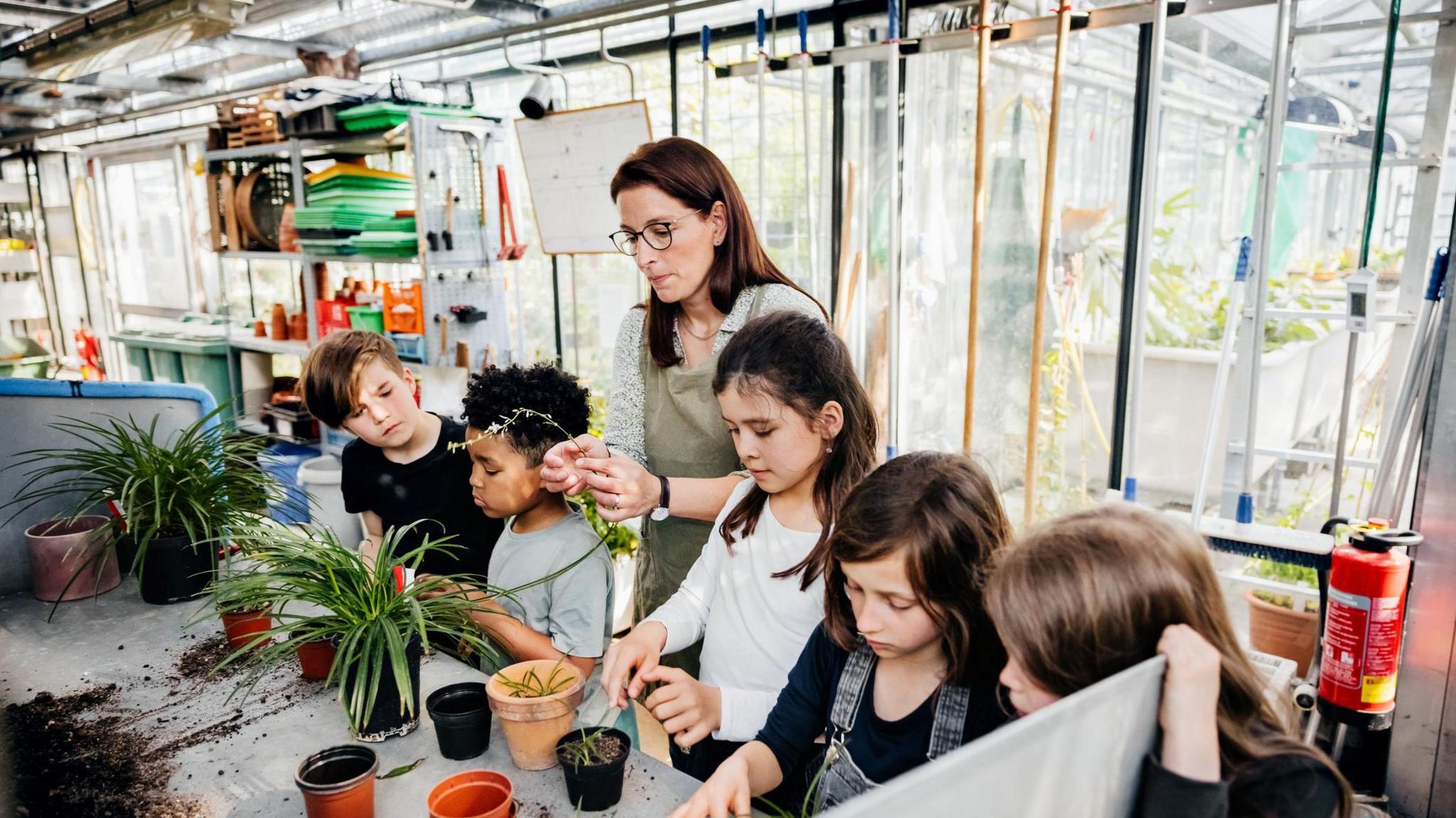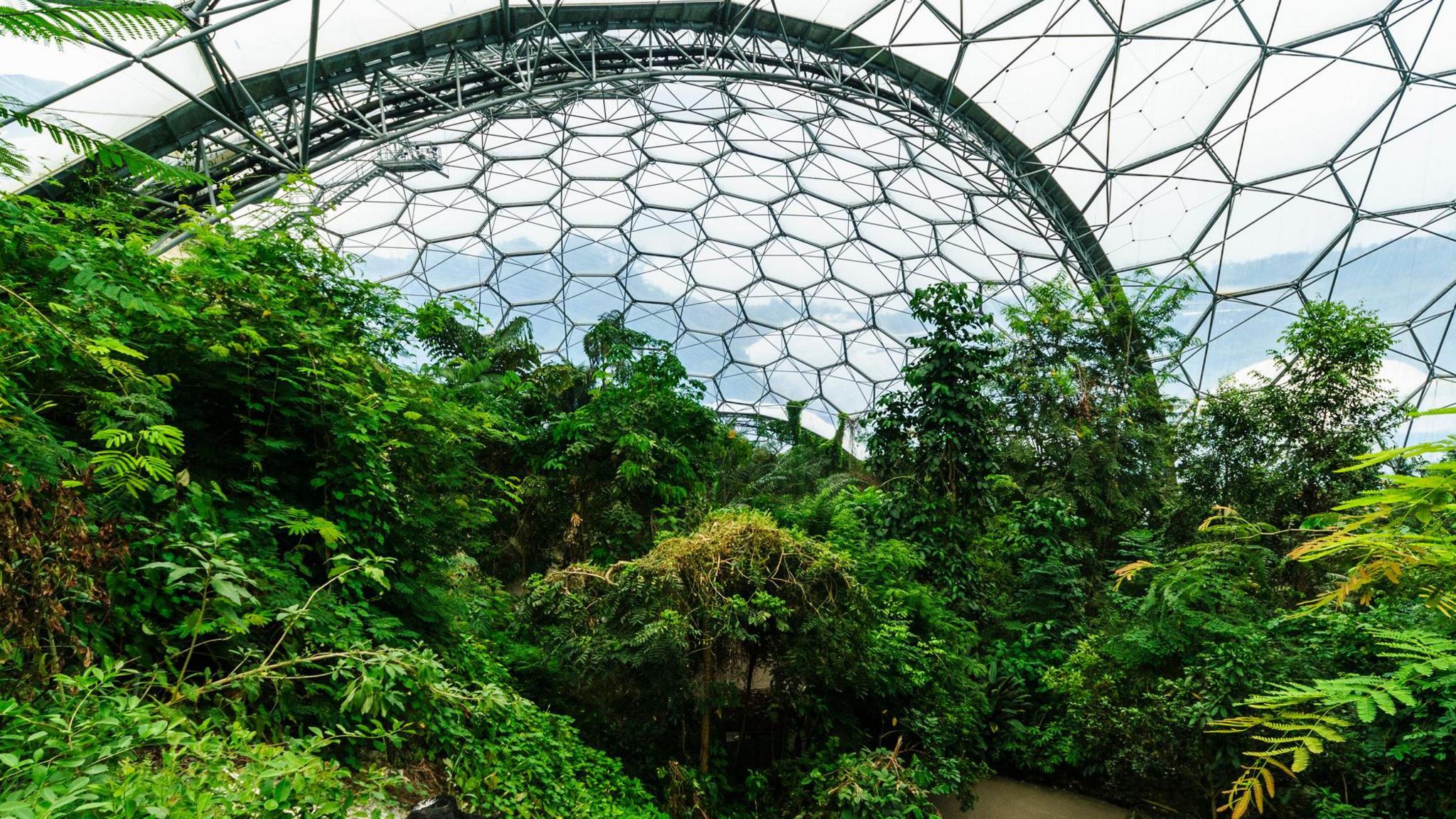Would you like to study natural history at school?

- Published
If you have a passion about conservation, protecting the planet and the natural world, then you may enjoy a brand new school subject which could be coming t a classroom near you.
A new GCSE in Natural History aims to give people the chance to learn about protecting the planet and understanding their local environments.
Cambridge University Press & Assessment, whose UK exam board OCR helped in the creation of the course, hopes to "give all students – wherever they live – the time, skills, and knowledge to appreciate nature".
It added that "students would develop a rigorous understanding of the natural world: from their own local wildlife, environment and ecosystem to critical global challenges such as climate change, biodiversity and sustainability. "
So would you like to study this new subject? Is it something that might help you prepare for a future job? What would you like to see or do in the lessons?
Let us know using the comments below, and take part in our vote while you are there!
- Published20 January 2020
- Published21 November 2024
- Published9 November 2024
Who decided to introduce this new GCSE subject?

Have you been to the Eden Project? Did it inspire you to learn more about the world we live in?
GCSEs are exams normally taken by students in Years 11, when they are 15-16.
The idea to have one about natural history was first proposed by environmental campaigner Mary Colwell in 2011, and members of parliament from lots of different political parties supported the idea.
High profile nature-lovers have also backed the campaign.
TV personality Bear Grylls, environmentalist and TV presenter Chris Packham and author and former children's presenter Floella Benjamin, also supported the plans, as well as big nature-focussed attractions like the Eden Project and Natural History Museum.
Now the government says it will be going ahead with introducing the course later this year, and said it will "enable more young people to benefit from the opportunity to learn about the natural world in more depth".
Before it goes into schools, the course has to be designed which is the next step
